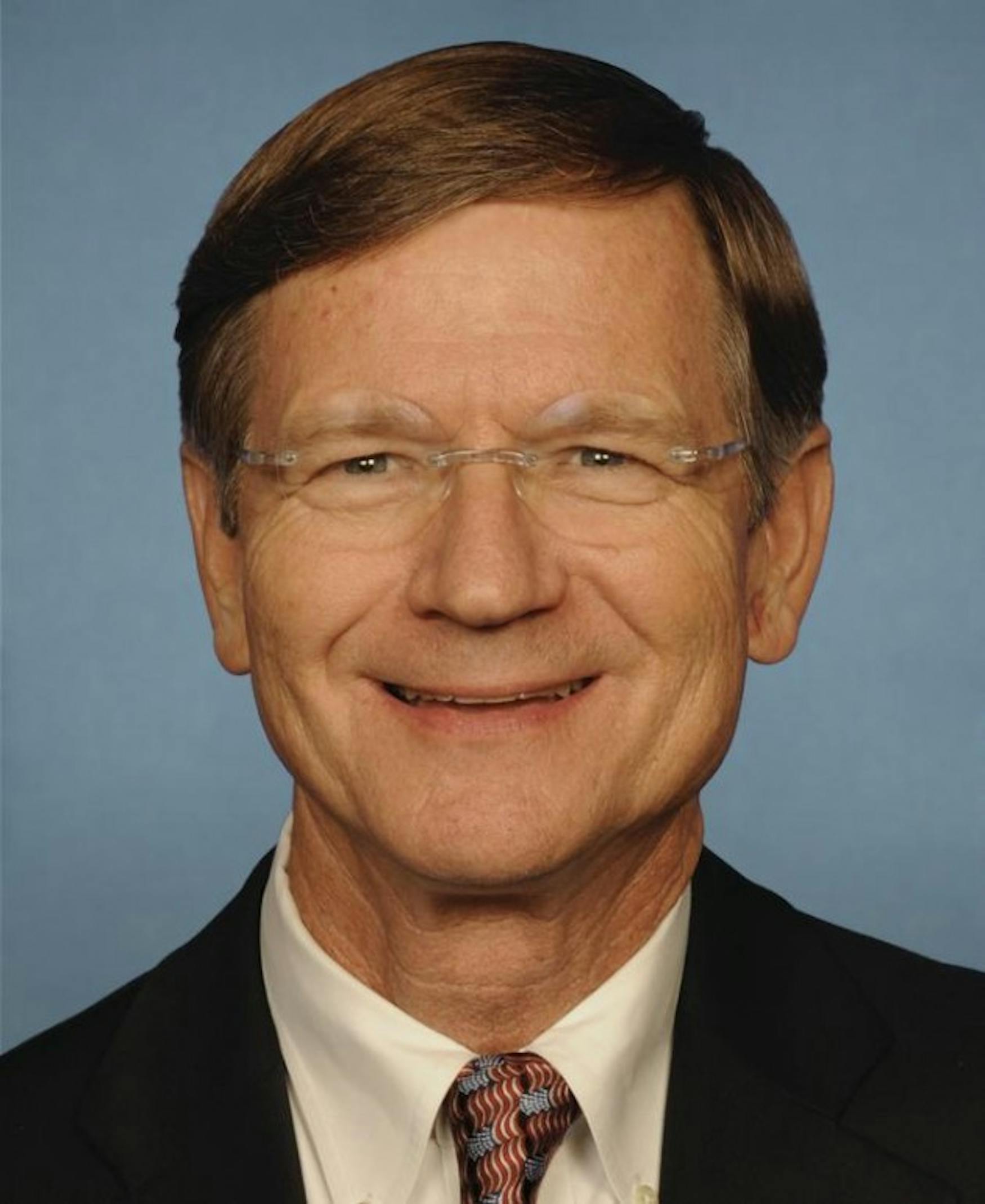Pop Culture
If you've been anywhere on the Internet for the past few weeks, you've heard about Stop Online Piracy Act and Protect Intellectual Property Act, two pieces of legislation currently being considered by Congress. SOPA and PIPA are viewed by most Internet users as a precursor to Internet censorship. As a result, petitions, newsletters and Orwellian horror stories of what the Internet might look like under these bills have been flooding the blogosphere.
In response to the proposed bills, several websites staged a blackout on Jan. 18, known now as Stop SOPA Day.
The most famous shutdown was Wikipedia, which blocked access to all of its articles, except the pages written about SOPA and PIPA, and prompted millions of teenagers with homework assignments to take to Twitter in terror.
Putting aside the fact that students apparently no longer know how to find information online without Wikipedia (in my day, kids, we used SparkNotes), the Wikipedia shutdown raised awareness by showing what things might be like if certain sites weren't able to provide information.
Some of the other websites participating in the blackout included popular celebrity gossip blog Oh No They Didn't, the default Mozilla Firefox home page, Reddit, several web comics, TwitPic and MoveOn.org. Some blogging sites, including LiveJournal and Tumblr, offered users the option of shutting their blog for the day.
Interestingly, sites like Facebook, Twitter, Yahoo and eBay did not shut down for the blackout, despite issuing statements that opposed the bill. Because these sites remained up, users were able to use them to vent their frustrations with the blackout and spread information and call-your-representative links to their friends.
While "Internet activism" is sometimes ridiculed, in this case it made a dramatic impact. Google confirmed a staggering 4.5 million users signed their petition protesting SOPA and PIPA and that over 350,000 emails were sent to representatives. The White House stated that over 103,000 people signed a petition directly to Obama to kill the bill, and over 2.4 million tweets between 12 a.m. and 4 p.m. EST were SOPA-related.
But did the blackout make a difference beyond the web? Former co-sponsors of SOPA, Ben Cardin, Roy Blunt and Marco Rubio, are now opposing the bill—along with 24 other U.S. senators who previously supported it. Score one for the Tweeters.



Please note All comments are eligible for publication in The Justice.